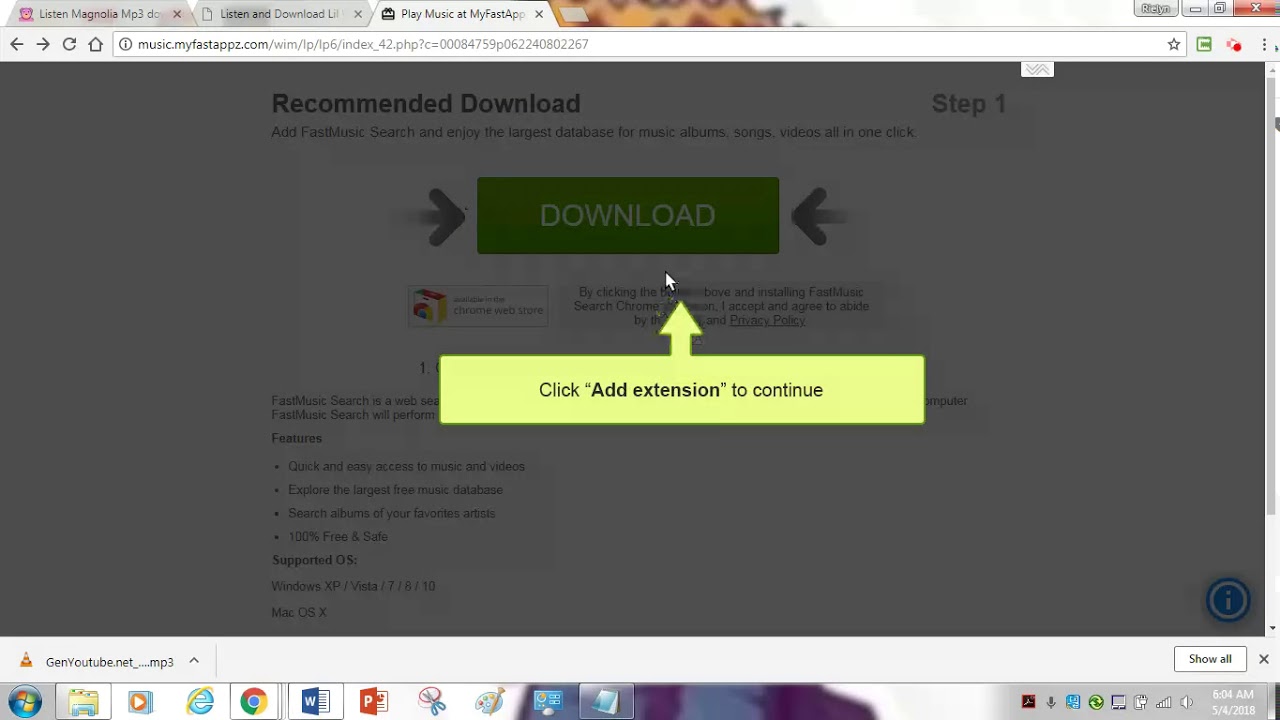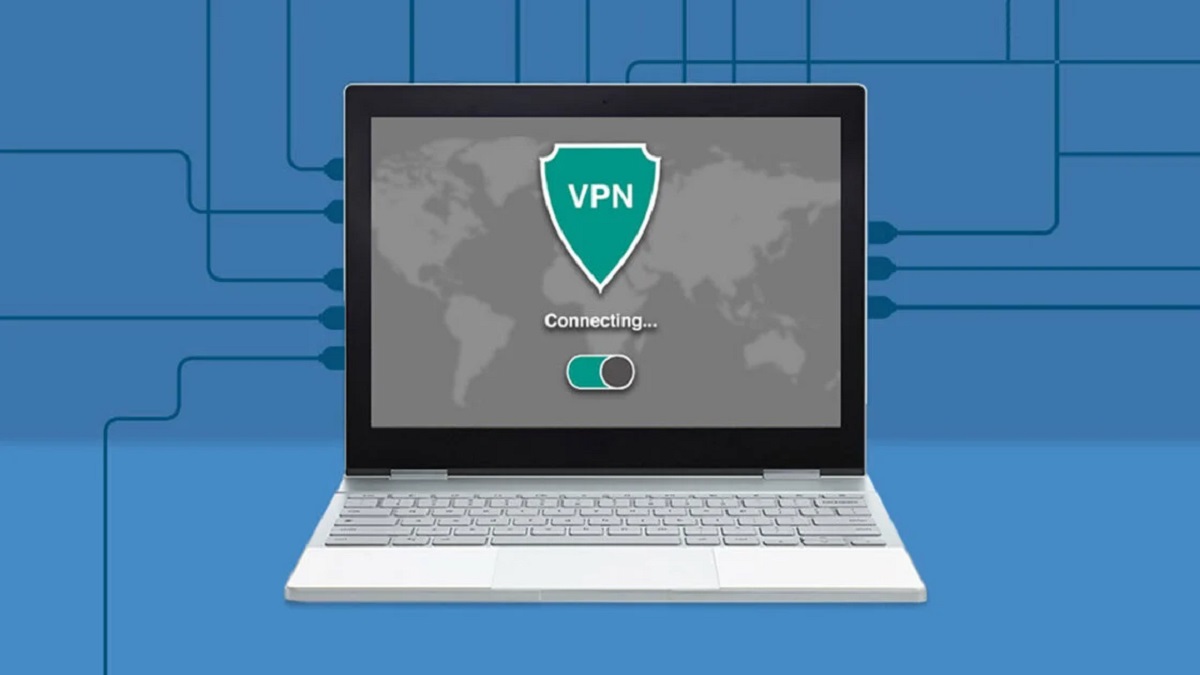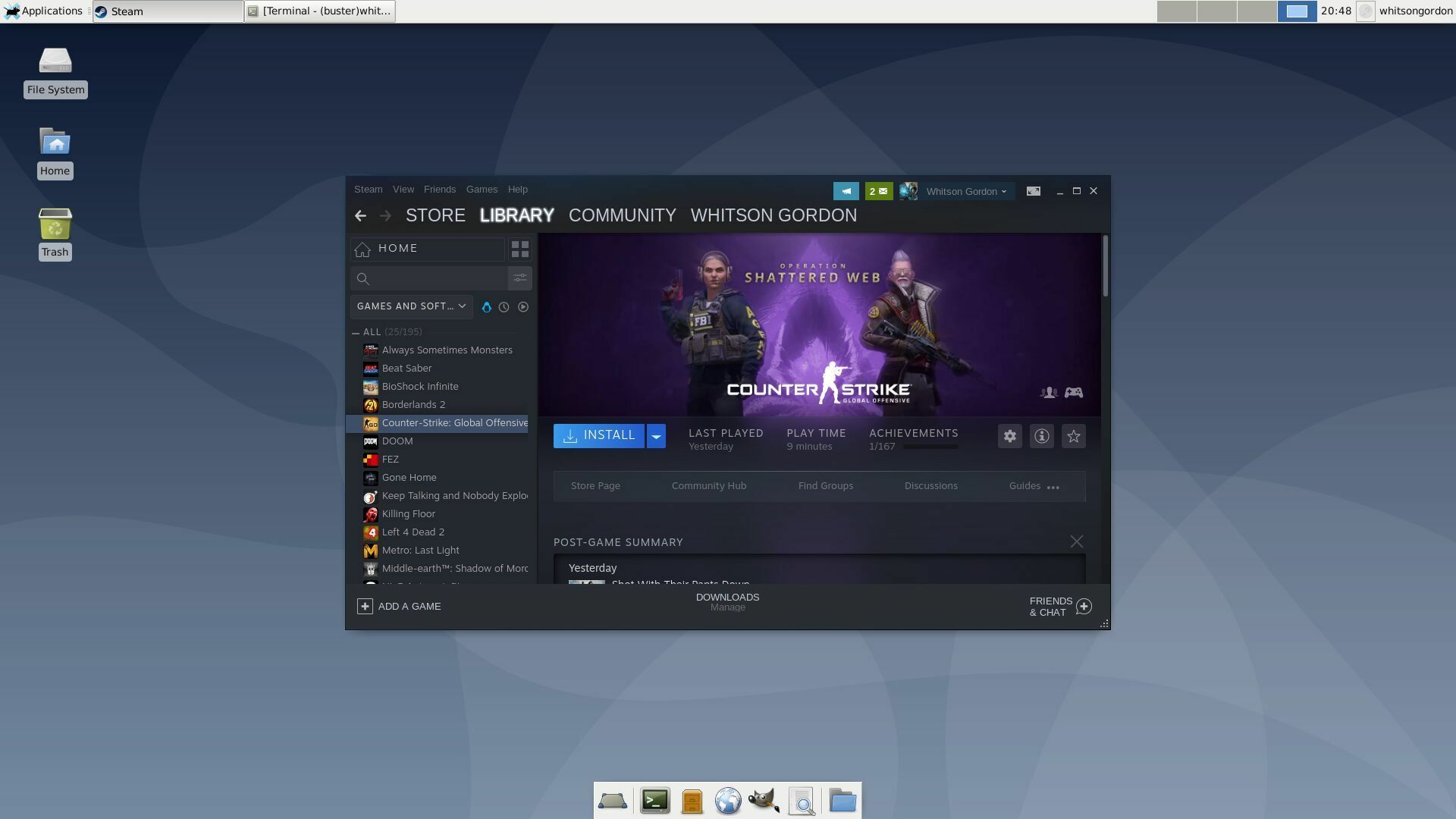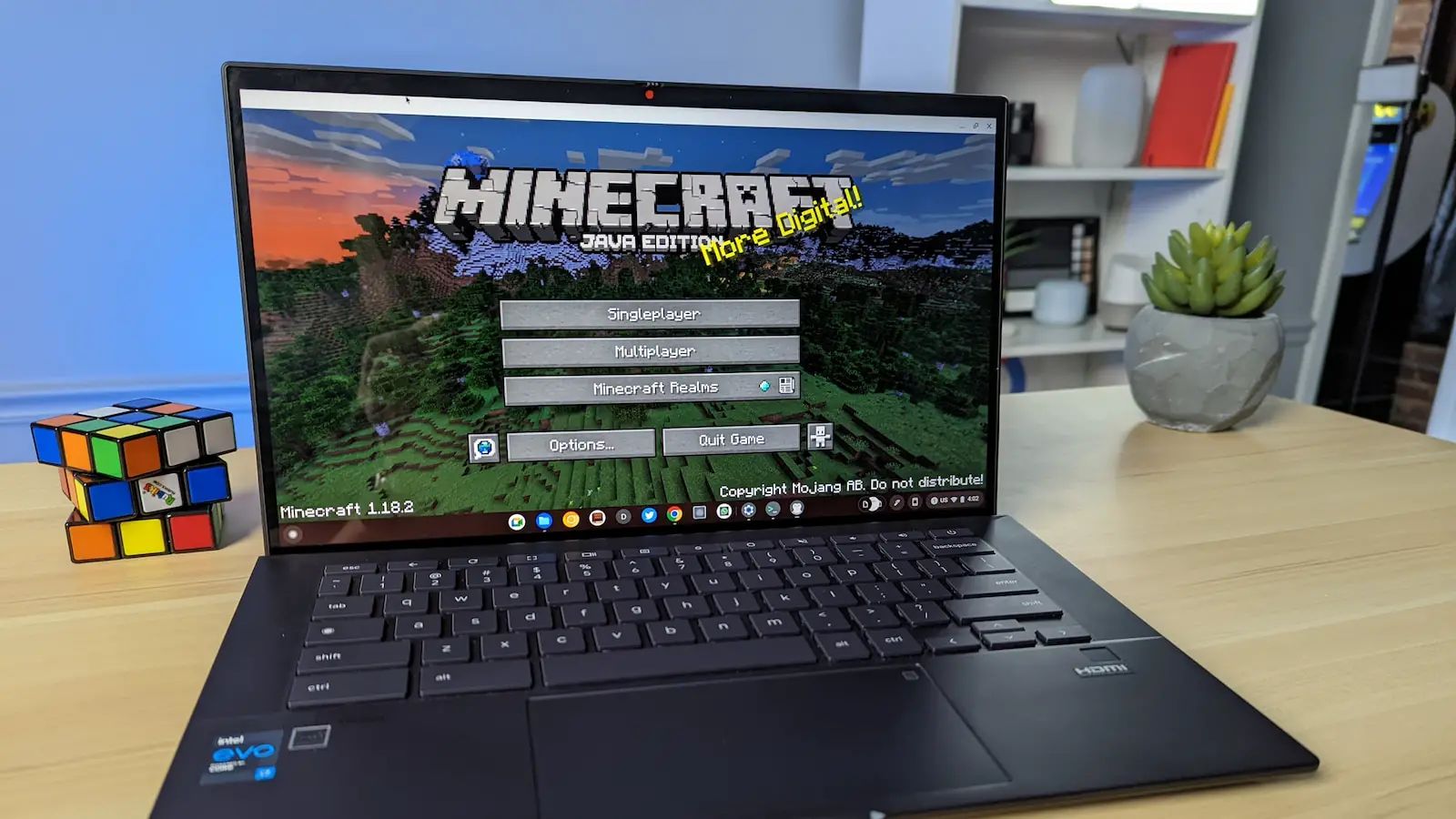Introduction
When you’re at school, finding ways to make the day more enjoyable can be challenging. Many students turn to gaming as a way to take a break from their studies and have some fun. However, downloading games on a school computer can be a difficult task due to various restrictions and policies put in place by the educational institution.
In this article, we will explore the challenges you may encounter when trying to download games on a school computer and provide you with alternative methods to enjoy gaming without compromising your academic responsibility. We will also discuss the potential risks involved and offer some tips on how to download games discreetly if permitted by your school’s guidelines and policies.
Downloading games on a school computer is often difficult because educational institutions prioritize the security and functionality of their systems. School computers are typically set up with restricted access and limited privileges to prevent misuse and protect students from potential security threats.
IT administrators are responsible for maintaining the integrity of the school’s computer network, and they enforce restrictions to prevent students from downloading and installing unauthorized software, including games, which can consume network resources and compromise network security.
Furthermore, school computers often have strict internet browsing restrictions, blocking access to gaming websites and preventing students from downloading games directly. These measures are put in place to ensure that students remain focused on their academic tasks and reduce distractions during school hours.
While it may seem frustrating, it’s important to remember that these restrictions are intended to create a safe and productive learning environment. However, if you’re still determined to play games while at school, there are alternative methods you can explore.
Why is it difficult to download games on a school computer?
Downloading games on a school computer can be challenging due to several factors. Let’s explore the reasons why:
- Administrative Restrictions: School computers are typically equipped with administrative settings that limit the installation of software, including games. IT administrators have the task of ensuring that the computers are used for educational purposes and that the network remains secure. These restrictions prevent students from freely downloading and installing games.
- Network Bandwidth: School networks are primarily designed to handle academic activities and educational resources. Downloading games can consume a significant amount of bandwidth, slowing down the network for all users. To maintain network performance and ensure everyone has access to necessary resources, schools often restrict downloading large files, including games.
- Security Risks: Games, like any other software, can pose security risks to school computers. Some games may contain malware or other malicious elements that can compromise the network’s security and expose sensitive information. Schools implement strict measures to minimize such risks, including blocking access to gaming websites and prohibiting game downloads.
- Focus on Academic Responsibilities: Schools prioritize a focused learning environment, and allowing game downloads on school computers can be seen as a distraction from academic responsibilities. It is essential for students to concentrate on their studies and make the most of the educational resources available.
Understanding the reasons behind the restrictions on downloading games can help you see why it’s challenging to install games on a school computer. It’s crucial to comply with these policies and respect the IT administrators’ efforts to provide a secure and productive learning environment for all students.
Assessing the risks of downloading games on a school computer
Before attempting to download games on a school computer, it’s important to be aware of the potential risks involved. Understanding these risks will help you make informed decisions and ensure the safety of both your device and the school’s network. Let’s explore some of the risks:
- Malware and Viruses: One of the most significant risks associated with downloading games is the potential for malware and viruses. Game files obtained from untrustworthy sources can contain malicious software that can compromise the security of the school’s network and your personal device.
- Breaching School Policies: Downloading games on a school computer without permission is a direct violation of the school’s policies and can result in disciplinary action. It’s crucial to understand and respect the rules put in place to ensure a safe and productive learning environment.
- Personal Data Exposure: Some games may request access to personal information or require online account creation. Providing sensitive data on a school computer, even unknowingly, can lead to potential security breaches and the compromise of your personal information.
- Network Disruption: Downloading games can consume a significant amount of network bandwidth, causing disruptions for other users and impacting their ability to access educational resources. It’s important to consider the needs of others and prioritize academic activities over gaming.
- Legal Consequences: Downloading copyrighted games without proper authorization is illegal and can result in legal consequences. Schools take intellectual property rights seriously and have measures in place to prevent copyright infringement.
Assessing these risks is crucial before deciding to download games on a school computer. It’s important to prioritize the security and integrity of the school’s network, respect the policies in place, and be mindful of potential legal consequences.
Understanding your school’s policies and guidelines
When it comes to downloading games on a school computer, it’s crucial to familiarize yourself with your school’s policies and guidelines regarding software installation and internet usage. Each educational institution may have specific rules in place to promote a safe and productive learning environment. Here are some key aspects to consider:
- Acceptable Use Policy: Your school likely has an Acceptable Use Policy (AUP) that outlines the permitted uses of school computers and the internet. This policy may specify restrictions on downloading and installing software, including games. It’s essential to read and understand this policy to avoid violating any rules.
- Software Restrictions: Schools often limit the installation of software on their computers to ensure security and functionality. Familiarize yourself with the software restrictions in place, which may include blocking game installations or limiting access to unauthorized software.
- Network Restrictions: Your school may have specific restrictions on internet browsing, including access to gaming websites. Be aware of these restrictions to avoid attempting to download games from blocked sites.
- Permission and Authorization: Some schools may allow students to download games with proper authorization or requests made to IT administrators. If this is the case, make sure to follow the proper procedures and obtain the necessary permissions before downloading any games.
- Consequences for Policy Violations: It’s important to understand the potential consequences for violating your school’s policies regarding software installation and internet usage. These consequences can range from warnings and restrictions to disciplinary action. Familiarize yourself with the potential repercussions to make informed decisions.
By understanding your school’s policies and guidelines, you can navigate the restrictions and maintain compliance while using school computers. It’s crucial to respect these rules to promote a safe and secure environment for yourself and your fellow students.
Using online game platforms to play games without downloading
If downloading games on a school computer is not an option, you can still enjoy gaming by utilizing online game platforms. These platforms provide a wide range of games that can be played directly in a web browser without the need for downloading and installing. Here’s how you can make use of them:
- Browser-based Games: Many online game platforms offer browser-based games that can be played instantly without any installation. These games run directly in your web browser, allowing you to enjoy gaming without the need for additional software.
- Cloud Gaming Services: Cloud gaming services have gained popularity in recent years, allowing you to play high-quality games streamed from powerful servers. These services require a stable internet connection but eliminate the need for game downloads as the games are stored and processed remotely.
- Web-based Gaming Communities: Some websites and communities are dedicated to providing a platform for online gaming within a social setting. These platforms often offer a variety of multiplayer games that can be played directly in your browser with other players from around the world.
By utilizing online game platforms, you can bypass the need for downloading games and still have access to a wide range of entertaining options. These platforms are convenient, as they eliminate the need for software installation and provide instant access to games directly through your web browser.
However, it’s important to remember that your school’s internet browsing restrictions may still apply. Ensure that the platforms you use are authorized and comply with your school’s policies. Additionally, be mindful of your bandwidth usage and prioritize academic responsibilities while using these platforms.
Accessing game websites approved by your school
Although most school computers have restricted internet access, some educational institutions provide a list of approved websites that students can visit during designated times or for specific purposes. If your school permits access to game websites, here are some steps you can take to access and enjoy games:
- Check the Approved Website List: Start by checking if your school has a list of approved game websites. This list may be provided by your IT department or available on your school’s website. It will outline the websites that are allowed for gaming activities.
- Respect Time Restrictions: Even if your school allows access to game websites, there may be specific time restrictions. Make sure to abide by the designated periods for gaming to avoid violating school policies.
- Access Games on Designated Devices: In some cases, schools may provide specific computers or devices that have access to approved game websites. Make sure to use these devices appropriately and responsibly.
- Follow Responsible Gaming Practices: When accessing approved game websites, it’s important to engage in responsible gaming practices. This includes playing games in moderation, prioritizing academic responsibilities, and being respectful of other students’ needs and the school’s resources.
- Report Issues or Concerns: If you encounter any issues or have concerns about the approved game websites, make sure to report them to the appropriate school staff or IT department. This will help maintain the integrity and safety of the online gaming environment provided by your school.
By accessing game websites approved by your school, you can enjoy gaming activities within the confines of the school’s policies. It’s essential to follow the guidelines and restrictions set by your educational institution to maintain a secure and appropriate gaming experience.
Remember that these approved game websites are provided to enhance your enjoyment during designated times and should not interfere with your academic responsibilities. Be respectful of the privileges granted and ensure that gaming remains a positive and balanced aspect of your school experience.
Using portable game installers for offline gaming
If you prefer offline gaming on a school computer, one possible solution is to use portable game installers. These are software programs that allow you to install and play games without the need for administrative privileges or internet access. Here’s how you can make use of portable game installers:
- Find Reliable Portable Game Installers: Look for trusted sources that provide portable game installers. These installers are often available on gaming forums, websites, or through reputable third-party platforms. Ensure that the download source is trustworthy to avoid any potential security risks.
- Save the Installer to a Portable Storage Device: Download the portable game installer onto a USB flash drive or an external hard drive. This allows you to carry the game installer with you and use it on any school computer without the need for installation or administrative access.
- Insert the Portable Storage Device into a School Computer: Plug in the portable storage device into a school computer’s USB port. Make sure to follow your school’s guidelines regarding the use of external storage devices.
- Run the Portable Game Installer: Open the portable game installer from the portable storage device. The installer will guide you through the process of installing the game directly onto the school computer. Remember to comply with the school’s policies and guidelines.
- Play the Game Offline: Once the game is installed, you can disconnect the portable storage device and play the game offline on the school computer. Enjoy your gaming experience without the need for internet access or additional downloads.
Using portable game installers allows you to enjoy offline gaming on school computers without compromising the security or functionality of the system. It’s important to note that installing games using portable installers should only be done in accordance with your school’s policies and guidelines.
Additionally, be mindful of the storage capacity of your portable storage device and prioritize academic responsibilities over gaming activities. Remember to respect your school’s resources and protect the integrity of their network while enjoying your offline gaming experience.
Tips for downloading games discreetly on a school computer
If your school allows game downloads on their computers or if you’re determined to download games discreetly, it’s essential to proceed with caution and follow these tips:
- Respect School Policies: Familiarize yourself with your school’s policies regarding downloading games and ensure that you are not violating any rules. Respect the guidelines set by your educational institution.
- Use Portable Game Installers: Consider using portable game installers, as mentioned earlier, to install games discreetly without requiring administrative privileges or leaving traces on the school computer.
- Choose Lightweight Games: Opt for games that are small in size and require minimal system resources. Lightweight games are less likely to raise suspicion or impact the performance of the school’s computer.
- Avoid Peer-to-Peer File Sharing: Stay away from peer-to-peer file sharing networks or torrenting sites, as these activities are generally prohibited and can result in severe consequences. Stick to reliable sources and legitimate game downloads.
- Use VPN for Privacy: If downloading games on a school network, consider using a Virtual Private Network (VPN) to protect your privacy and encrypt your online activities. This can help mask your IP address and ensure your online presence is more discreet.
- Clear Browsing History and Temporary Files: After downloading a game, remember to clear your browsing history and delete any temporary files associated with the download. This minimizes the chance of detection.
- Be Mindful of Internet Usage: While downloading games, be aware of your internet usage and avoid causing disruptions for other students. Consider downloading games during non-peak hours or when the school’s network is less congested.
- Keep Games on External Storage: Store downloaded games on portable storage devices, such as USB flash drives or external hard drives, to avoid leaving traces on the school computer. This also allows you to play the games on multiple devices.
However, it’s important to note that attempting to download games discreetly on a school computer may still have consequences if it violates your school’s policies or compromises the integrity of the system. It is always recommended to prioritize academic responsibilities and use school computers for educational purposes.
Remember that your education should be your primary focus while at school, and gaming activities should be approached with discretion and respect for the rules and guidelines set by your educational institution.
Conclusion
Downloading games on a school computer can be a challenging task due to various restrictions and policies put in place by educational institutions. However, there are alternatives and strategies you can employ to enjoy gaming while respecting your school’s guidelines.
Understanding your school’s policies and guidelines is crucial to ensure compliance and avoid any potential consequences. Familiarize yourself with the acceptable use policy, software and network restrictions, and the consequences for policy violations.
Utilizing online game platforms allows you to play games directly in your web browser without the need for downloads. Cloud gaming services and web-based gaming communities can provide a wide range of options for online gaming that comply with your school’s restrictions.
If your school approves access to game websites, make sure to follow the designated time restrictions and respect the privileges granted. Engage in responsible gaming practices and report any issues or concerns that may arise.
For those preferring offline gaming, portable game installers offer an option to install games discreetly without administrative privileges. Remember to follow responsible gaming practices and prioritize academic responsibilities.
If you choose to download games discreetly on a school computer, take precautions to ensure privacy, respect bandwidth usage, and clear your browsing history and temporary files to minimize the chance of detection.
In conclusion, while downloading games on a school computer may present challenges, it is crucial to prioritize academic responsibilities and respect your school’s policies. Familiarize yourself with alternative methods of gaming, such as online platforms and portable installers, that align with your school’s guidelines. Remember to be mindful of the impact on the school’s resources and maintain a responsible and balanced approach to gaming while at school.

























